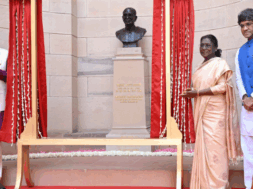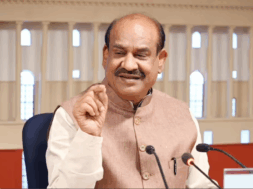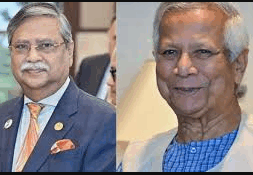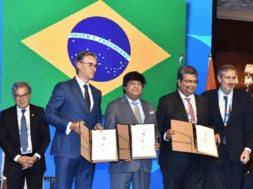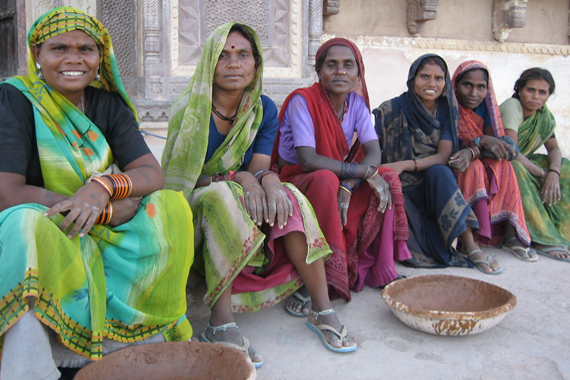
NEW DELHI, Oct 12: Despite the claims of various governments across the world of having taken major steps for the emancipation of women, the weaker sex compared to men has remained an exploited lot and victim of “modern slavery,” a study by the United Nations has found.
As reported in a section of the media, the UN report titled “Stacked Odds” has found that though the modern slavery has an effect on everyone, females across the world account for about 71% of all victims.
Pointing towards the modern slavery being largely a gender issue, the report states that modern slavery is enabled by power imbalances and for women and girls, this imbalance is exacerbated by gender inequality and discrimination.
According to the report, one in every 130 females globally is living in modern slavery. Females account for a staggering 99% of all victims of forced sexual exploitation, 84% of all victims of forced marriage, and 58% of all victims of forced labour, it added.
The report highlighted that in most countries girl children continue to have relatively less access to school and medical care, which in turn makes women more vulnerable to end up in poverty. “…women are more likely to end up in poverty, to work in the riskiest sectors of the informal economy – and ultimately, in modern slavery – than men,” it explained.
Females outnumber males as victims of modern slavery in four of the five world regions. They account for 73% of victims in the Asia and Pacific, 71% in Africa, 67% in Europe and Central Asia, and 63 % in the Americas, the UN report states.
Even in the Arab States, where estimates are significantly impeded by a lack of data on forced marriages and the forced labour of domestic workers, nearly 40% of all people living in modern slavery are women.
Saying that the need to address the disproportionate risk of modern slavery among women and girls has never been more urgent, the report reinforces the need to involve survivors in decision making to ensure their voices are heard and the insights of their lived experience translates into effective solutions.
The reports says, “At its core, the fight against modern slavery is about ensuring people have the most basic of human rights – freedom.”
It aims to urge governments, faith leaders, and the business sectors to work with the international and non-government organisations to bring about the required changes to achieve the goal of equality.
The report has suggested six points that it says must be included in the action plan. According to the report the plan must include criminalising all forms of modern slavery, reform in all countries where laws still enable children to be married, valuing and prioritising education for girls as a critical circuit breaker to a lifetime of vulnerability, and challenging cultural norms, such as male preference, restrictions on freedom of movement outside the home, and lack of control over finances and assets, which allow harmful and exploitative practices to continue.
It must also ensure overturning laws and policies that strip women of their rights and agency or exacerbate their vulnerability to sexual violence and exploitation; for example, inheritance rights, land ownership laws, and the kafala system, and prioritising supply chain transparency to ensure workers are protected, taking specific action to understand and address the vulnerabilities experienced by women, including protection mechanisms in crisis situations.
The governments must acknowledge the clear link between gender and risk of modern slavery in their gender and development programming and budgets, the report said, adding that “it is only by protecting this freedom that we will achieve true gender equality, and in doing so, unlock the untapped potential of half the world’s population.”
(Manas Dasgupta)



